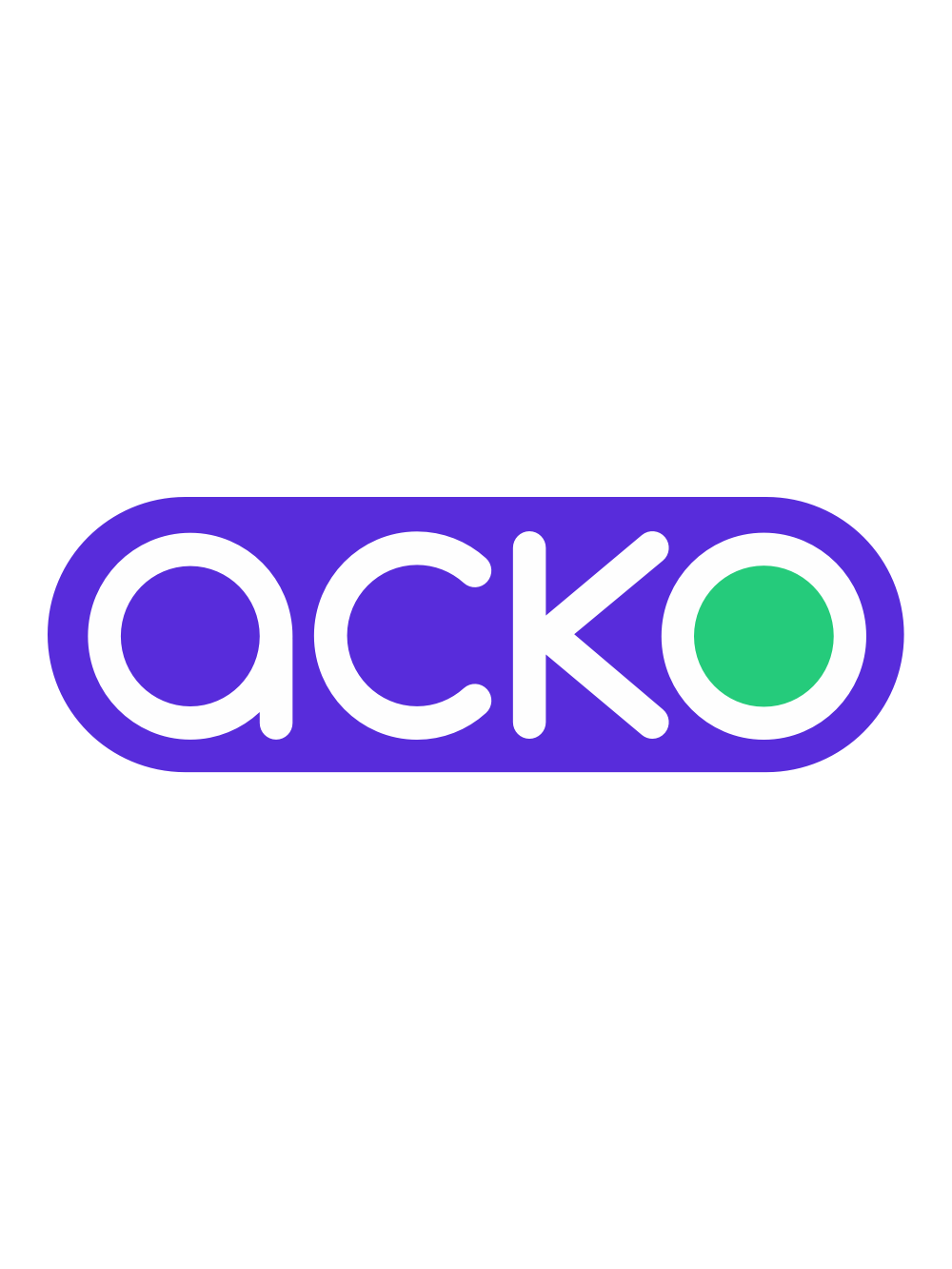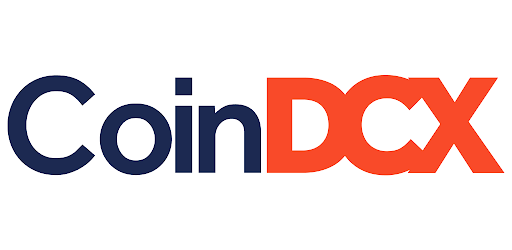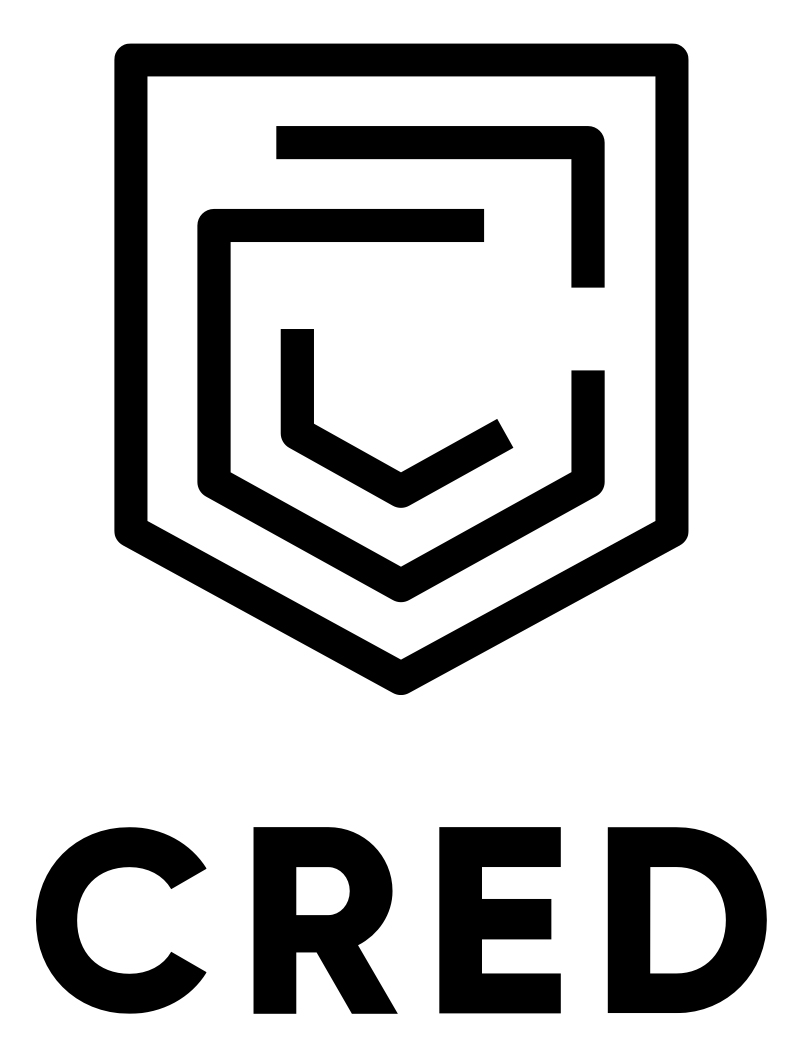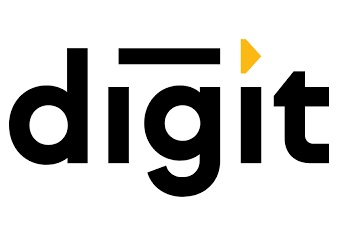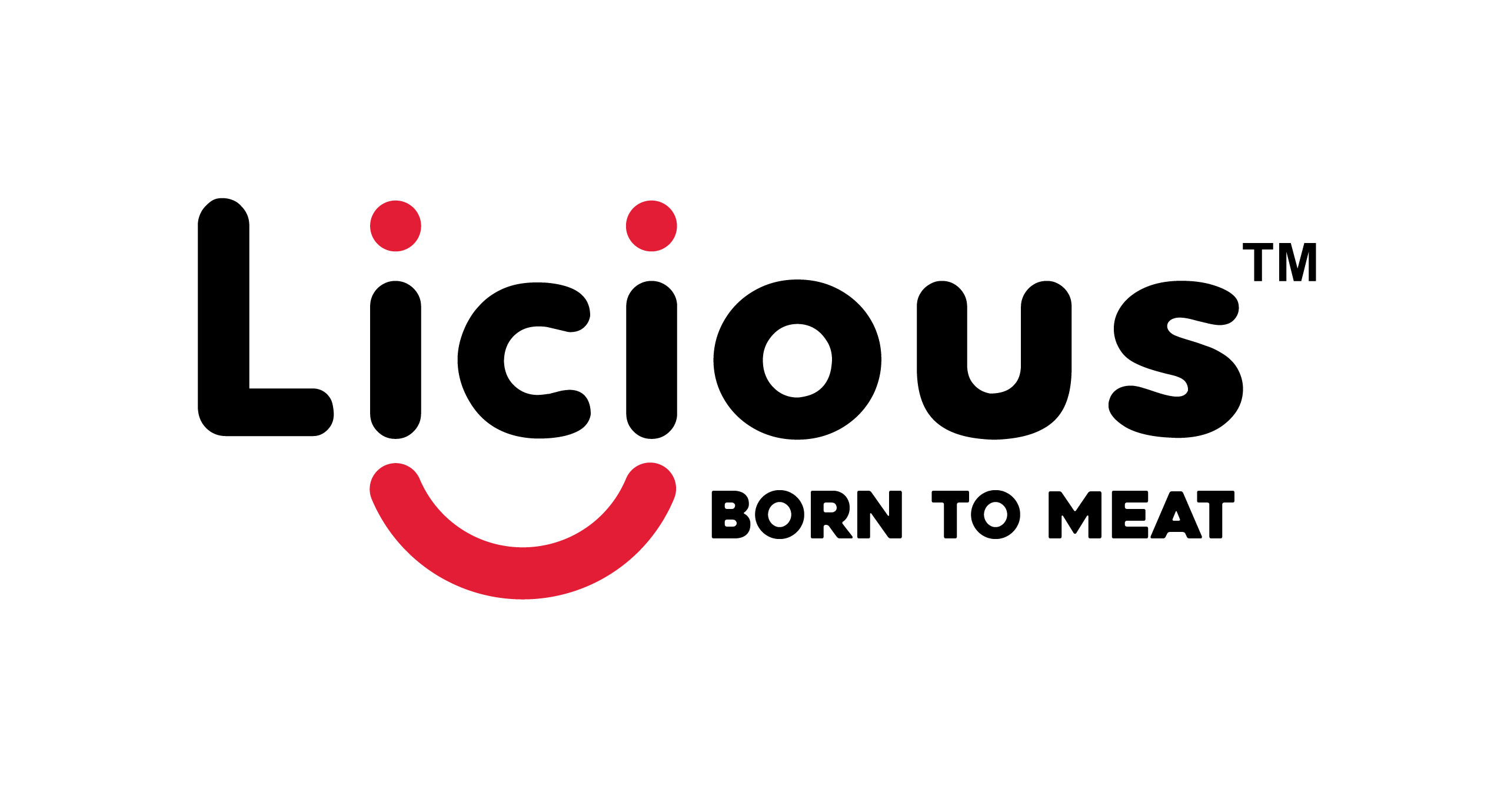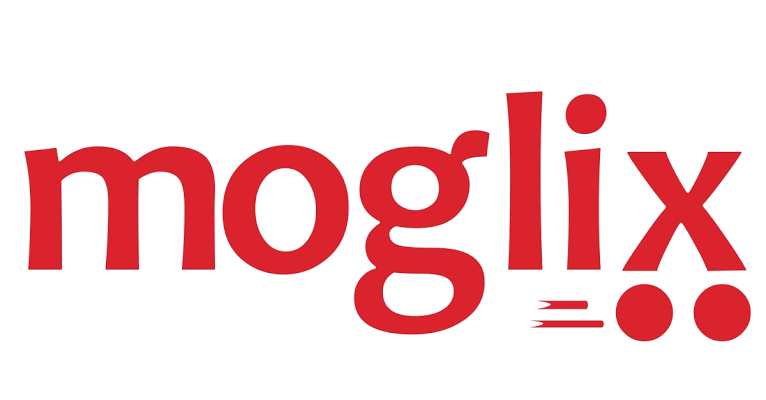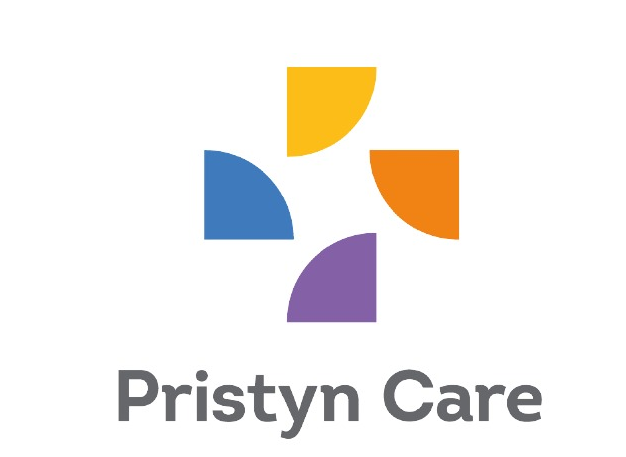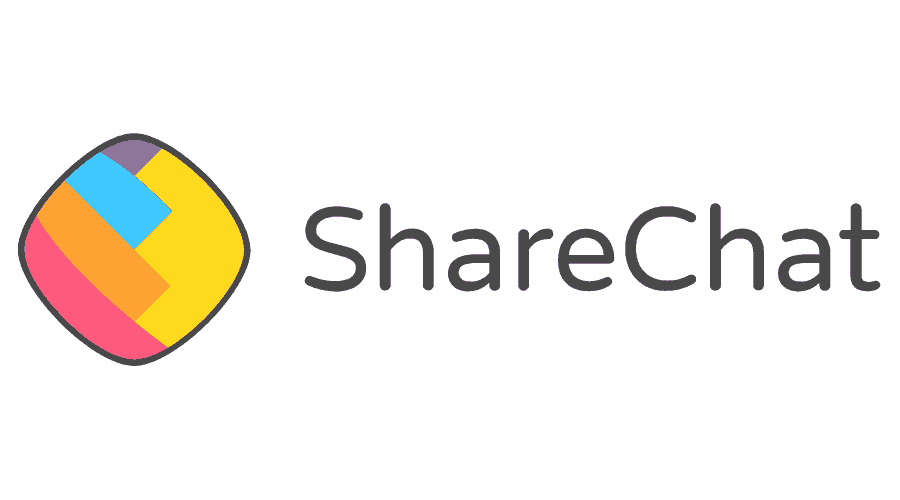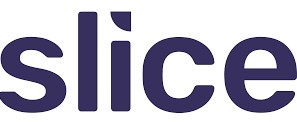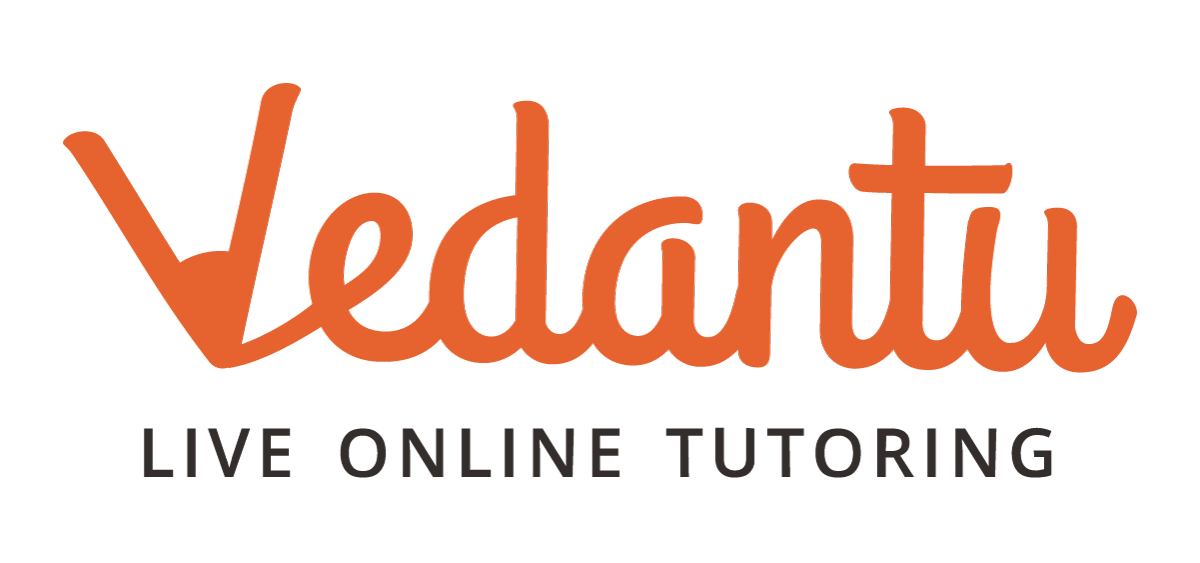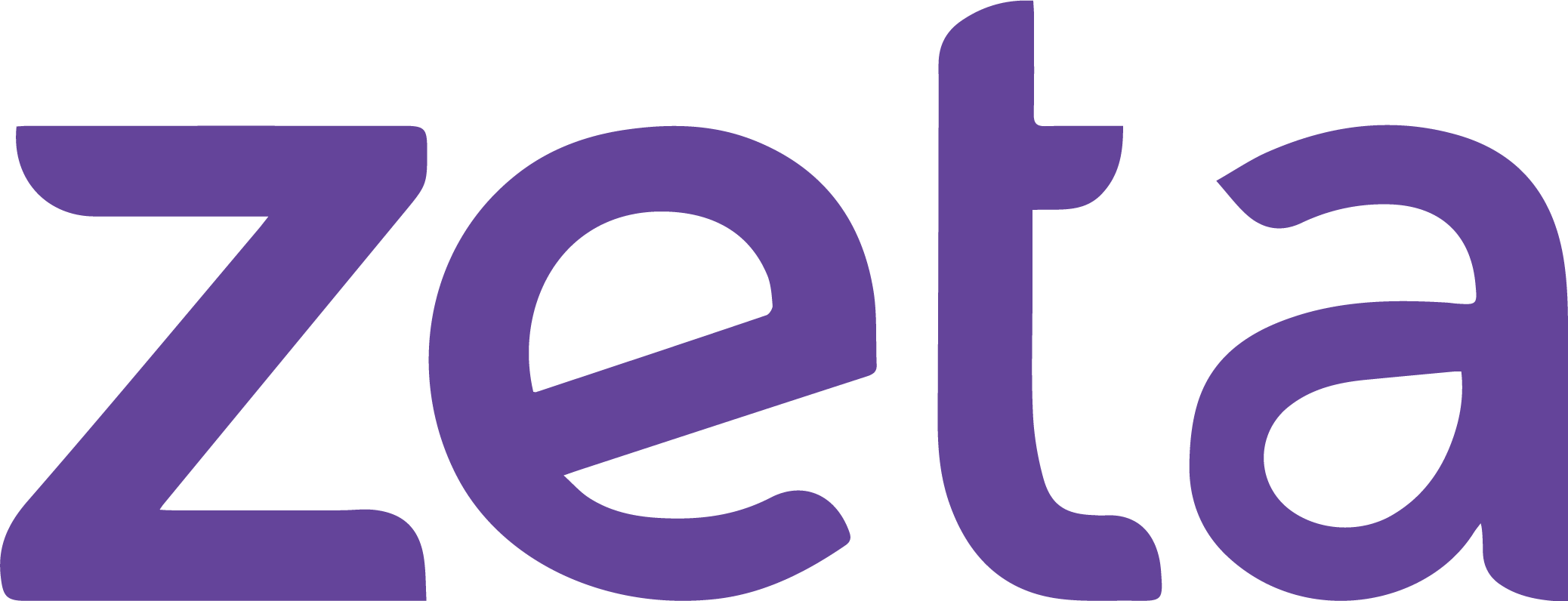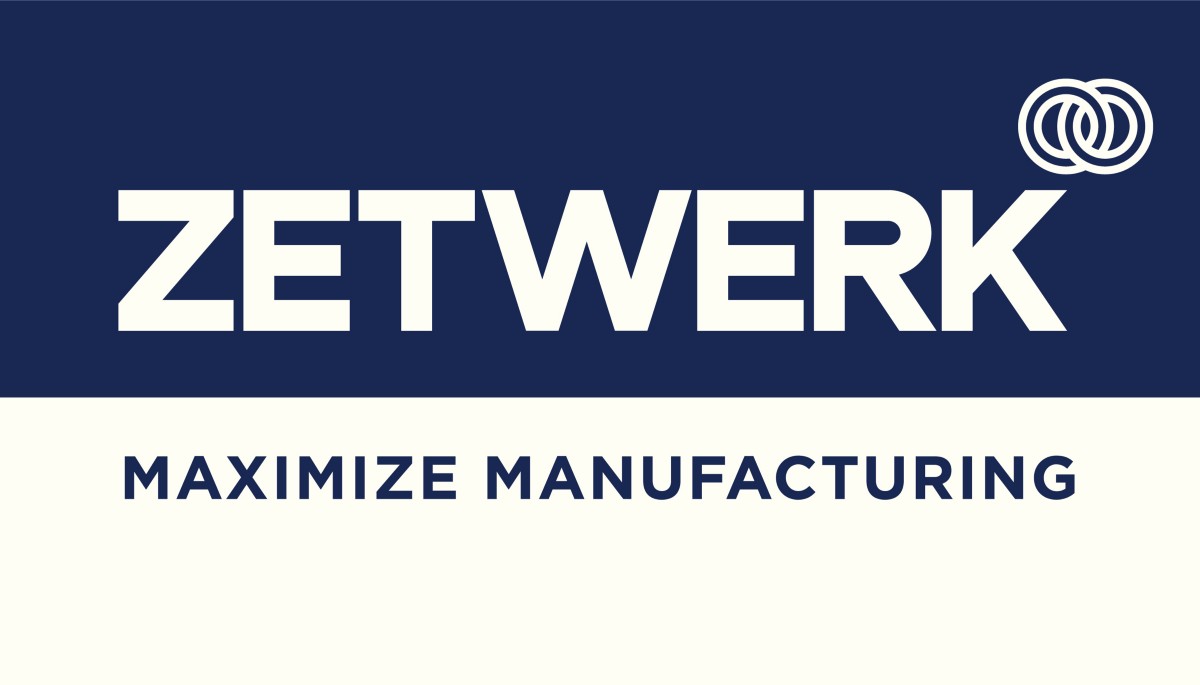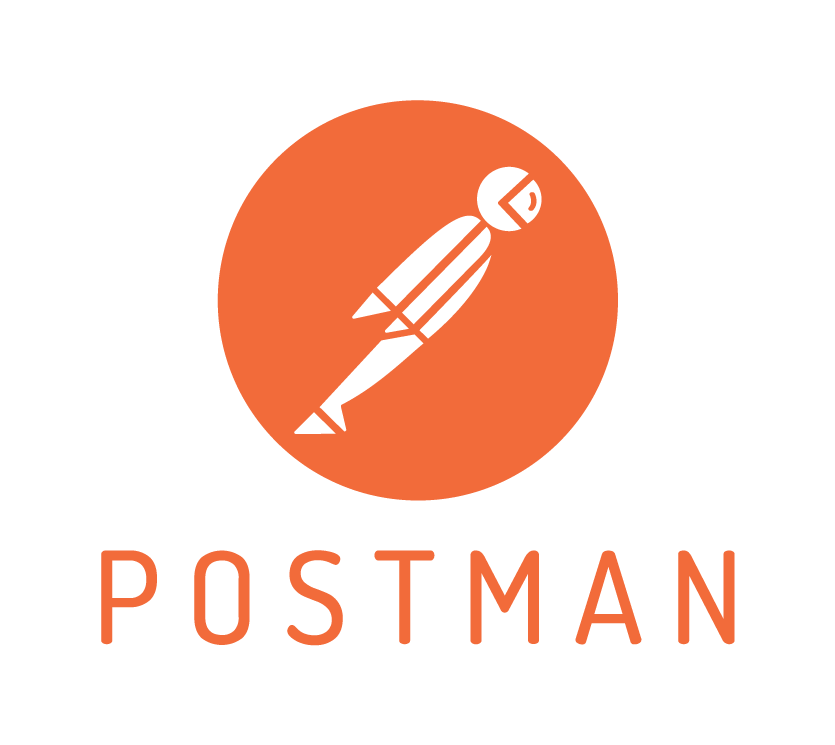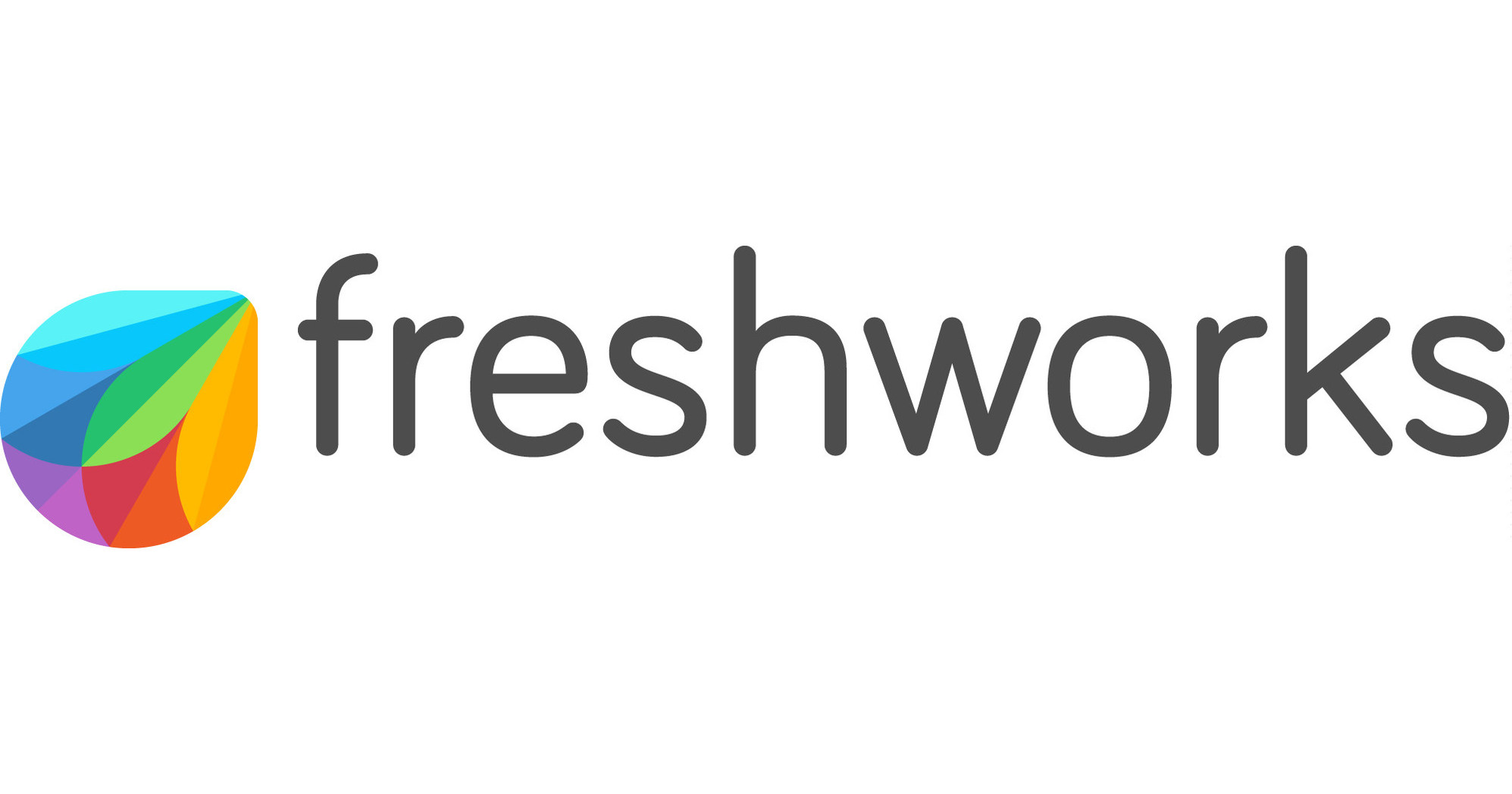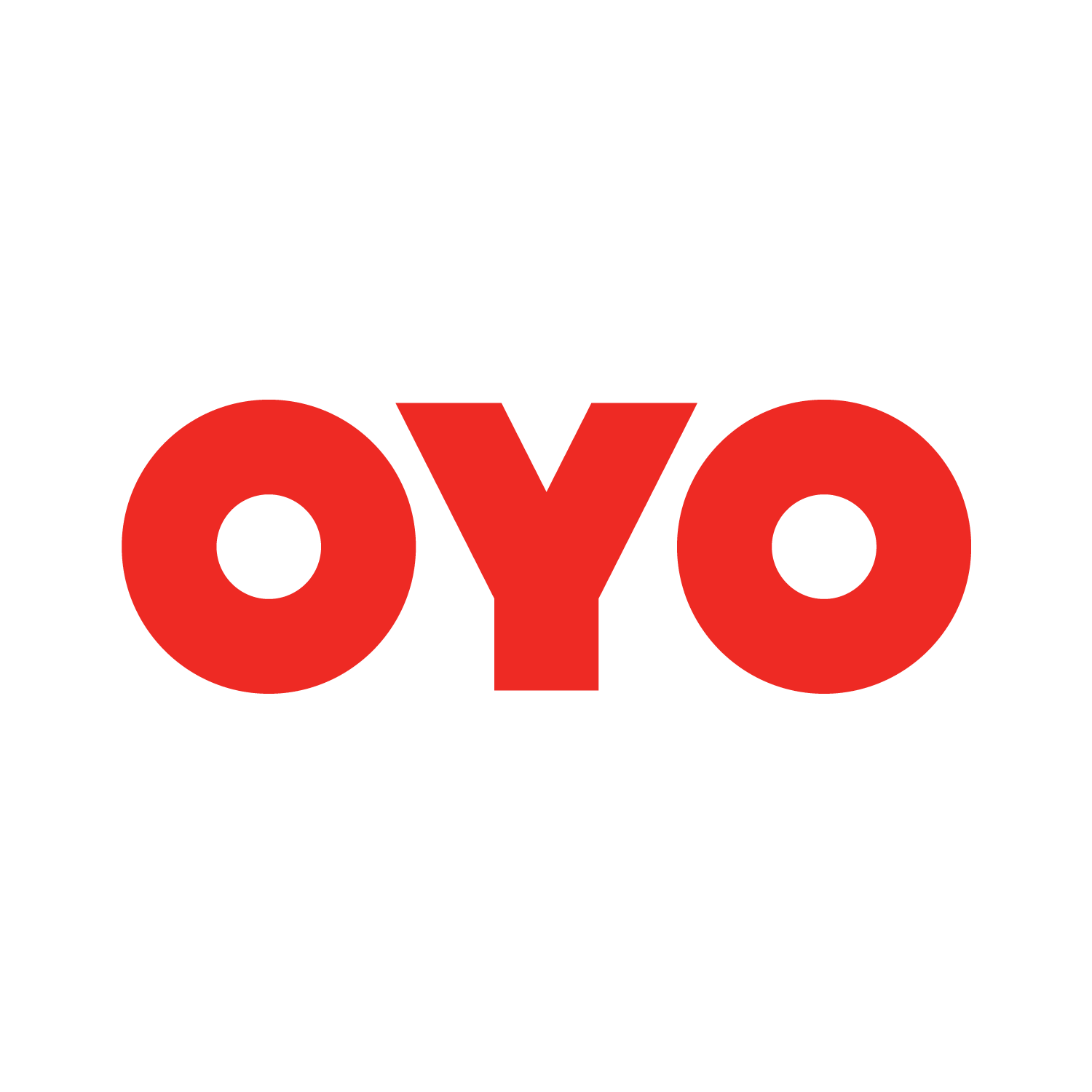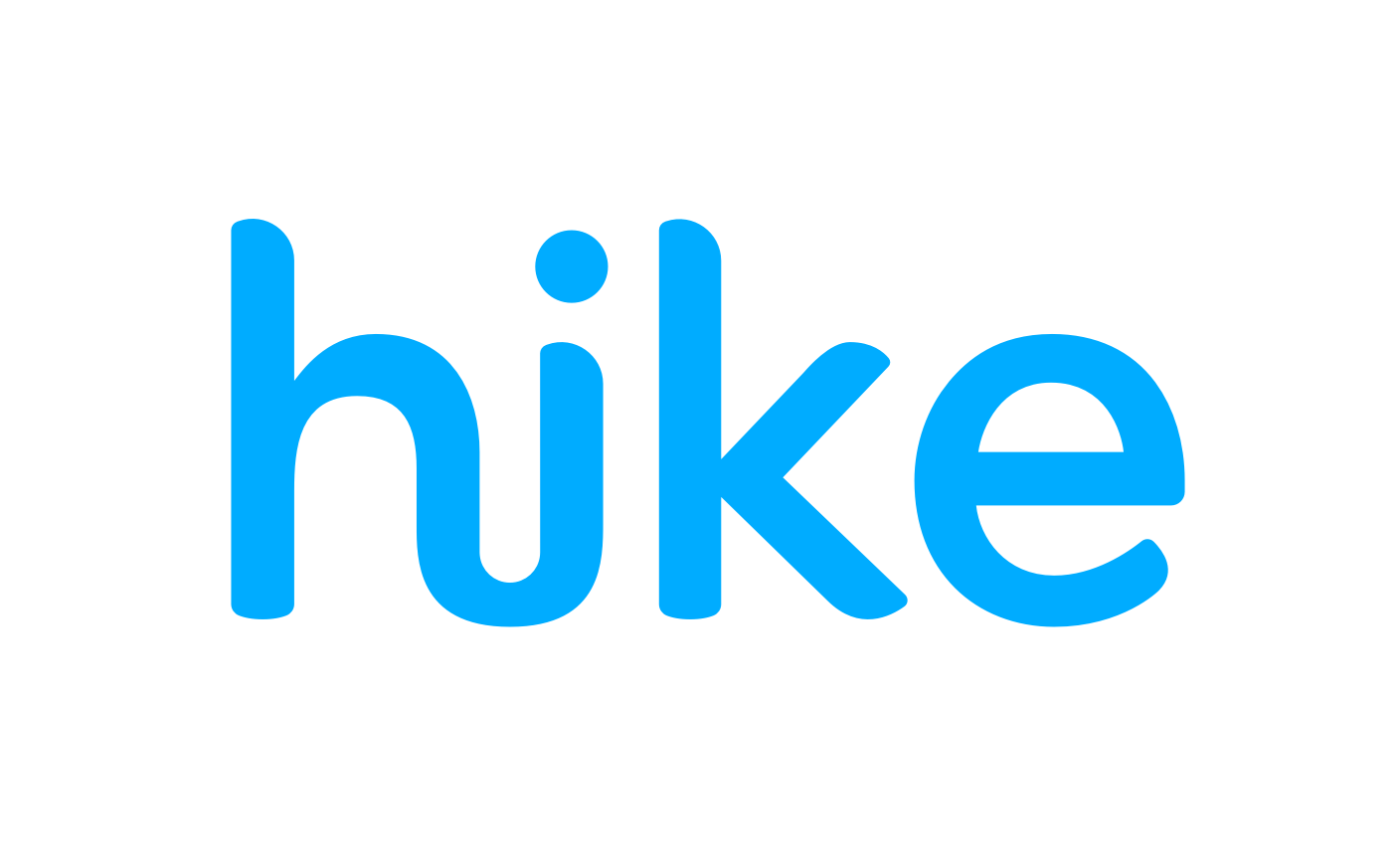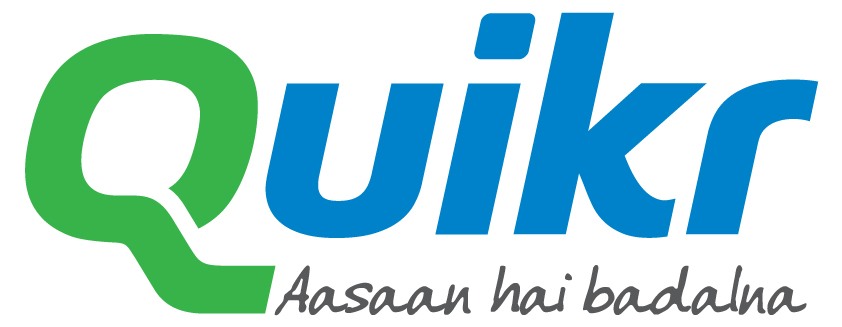Startup Ecosystem in India
India has emerged as the 3rd largest ecosystem for startups globally with over 1,12,718 DPIIT-recognized startups across 763 districts of the country as of 03rd October 2023. India ranks #2nd in innovation quality with top positions in the quality of scientific publications and the quality of its universities among middle-income economies. The innovation in India is not just limited to certain sectors. We have recognized startups solving problems in 56 diverse industrial sectors with 13% from IT services, 9% healthcare and life sciences, 7% education, 5% agriculture and 5% food & beverages.
Indian Startup Ecosystem has seen exponential growth in past few years (2015-2022):
- 15X increase in the total funding of startups
- 9X increase in the number of investors
- 7X increase in the number of incubators
The Indian Unicorns are flourishing in the fast-paced and dynamic economy of today. These startups are not only developing innovative solutions and technologies but are generating large-scale employment. Till FY 2016-17, approximately one unicorn was being added every year. Over the past four years (since FY 2017-18), this number has been increasing exponentially, with a whopping 66% Year-on-Year growth in the number of additional unicorns being added every year. As of 03rd October 2023, India is home to 111 unicorns with a total valuation of $ 349.67 Bn. Out of the total number of unicorns, 45 unicorns with a total valuation of $ 102.30 Bn were born in 2021 and 22 unicorns with a total valuation of $ 29.20 Bn were born in 2022. 2023 saw the emergence of Zepto as the latest and only unicorn in the year.
Unicorn Elements
- What is a unicorn?
Unicorn is a term used in the venture capital industry to describe a privately held startup company with a value of over $1 billion. - What triggered the unicorn rush during 2021?
While work from home during the pandemic fueled the growth of digital businesses in India, the incident also resulted in a long unicorn list. Mainly three factors, a thriving digital payments ecosystem, large smartphone user base and digital-first business models, have come together to attract investors. Tech companies, which have become household brands, are contributing to the unicorn boom in India, as smartphone penetration and digitization of commerce in every aspect of life has increased manifold during the pandemic. Besides fintech, e-commerce grocery, SaaS and marketplace players are contributing the most to the unicorn universe.
Unicorns Of India
As of 03rd October 2023, India is home to 111 unicorns with a total valuation of $349.67 Bn.
The year 2021, 2020, and 2019 saw the birth of the maximum number of Indian unicorns with 45, 11, and 7 unicorns coming each year, respectively. COVID-19 has caused a great amount of socio-economic suffering globally, but it is during this time when the resilient Indian Entrepreneurs have worked effortlessly to not only contribute to the economy but to also contribute toward COVID-19 relief efforts. In 2020, we witnessed the birth of more than 10 unicorns. ‘Its raining unicorn’ has been the motto of the year 2021 with 45 unicorns pumped in the ecosystem and many soonicorns waiting in line.
Geographically, the center of India's high-tech industry, Bengaluru is India’s unicorn capital with the largest number of unicorns headquarters followed by Delhi (NCR) and Mumbai. While we see unicorns active in Tier I cities, this ecosystem is not restricted and is proliferating across the country till the last district. Traditional sectors such as E-commerce, Fin-tech, E-commerce, Supply Chain & Logistics, Internet Software & Services do dominate the arena but a strong wave of unconventional sectors such as Content, Gaming, Hospitality, Data management & analytics, etc are making their place on the list.
While every startup has its unique journey to becoming a unicorn, the minimum and maximum time taken by a startup to become a unicorn are 6 months and 26 years, respectively. Mensa Brands took only 6 months to become a unicorn in 2021, making it one of fastest unicorns in Asia.
Indian Startups turned Unicorns in 2021
In 2021 itself, India witnessed the birth of 45 unicorns with a total valuation of $102.30 Bn. Bengaluru, Delhi NCR, and Mumbai continue to be the top cities preferred as unicorn headquarters in 2021. Unconventional sectors and sub-sectors marked an entry into the unicorn space including, NBFCs, Conversational Messaging, Cryptocurrency Exchanges, D2C, Cloud Kitchens and many others.
Indian unicorns are also exploring the public listing avenues as a next step to realise the growth potential. Some one of big unicorn names that offered an IPO include Zomato, Nykaa, PolicyBazaar, Paytm and Freshworks, while many are already in line such as Delhivery, Mobikwik and CarDekho.
Today, 1 out every 10 unicorns globally have been born in India. Overall, 2021 is experienced an exponential boom when it comes to startups entering the unicorn club. This is a testament to the vibrant startup ecosystem present in India.
2022 has witnessed the birth of 22 unicorns with a total valuation of $ 29.2 Bn while only one unicorn has emerged in 2023 with a valuation of $ 1.4 Bn (as of 03rd October 2023).
Investors in Unicorns
The robust nature of the Indian startup ecosystem is evident in 2022 year-to-date when, as per a YourStory Report2, in H1 2022 891 funding deals were recorded, 82.8% higher in comparison to H1 2021 (541 deals). Over $ 17 Bn funding was raised by startups, 1.8x of funding raised in H1 2021 ($ 9.4 Bn). Sequoia Capital India has been the most active investor, followed by Tiger Global Management, Kunal Shah (Founder, CRED), Better Capital, Inflection Point Ventures, LetsVenture, Accel, Blume Ventures, 9Unicorns, and Alpha Wave Global.
Leading sectors inviting funding include FinTech, EdTech, Ecommerce, Social Network,FoodTech, Logistics and Supply Chain, Media and Entertainment, D2C Brands, SaaS, and HealthTech. FinTech, EdTech and Ecommerce accounted for 19.7, 9.4 and 6.2 percent of total funding.
Additionally, there also has been a shift in the traditional way of funding, wherein startups are now looking at exercising alternate routes such as crowdfunding, revenue-based financing, venture debt, bank loans, etc. Startups such as Zerodha, which have been bootstrapping since inception are changing the unicorn funding norms and promoting independence and revenue generation since the early stages. Since the onset of COVID-19, an unconventional trend observed is the new entries to the unicorn club without any billion-dollar ticket size investment.
Unicorn Sector Snaps
-
Healthcare
- The HealthTech market in India is estimated reach $ 5 Bn by 2023, growing at a CAGR of 39% post the pandemic impact. Digital shift, use of better technology, and favourable government policies are facilitating the growth of the market.
- Noida-based healthtech startup Innovaccer has become the first Indian unicorn in the healthcare sector currently valued at $ 1.3 Bn. Innovaccer analyses healthcare data to provide actionable insights to healthcare providers, hospitals, insurance companies and other organisations and businesses.
- Earlier this year, Pharmeasy, an online pharmacy and diagnostics brand, became a unicorn, bagging a valuation close to $ 1.5 Bn. The online pharmacy is now planning to go public soon, eyeing a valuation of about $ 7 Bn through its IPO.
- Tata 1mg, Cure.fit and Pristyn Care have joined the unicorn club bringing the total number of Healthcare unicorns to 5 with a total valuation of $ 12.79 Bn
- The heathcare segment in India is soon to see added number of unicorns with the growth of health-tech startups such as Practo, HealthifyMe etc.
-
Social Commerce
- Social commerce startups in India have generated revenue worth of $554 million as of July 2021, a 7x increase from last year and the highest ever since 2015.
- Social commerce has made it possible to unlock tier 2 and tier 3 markets and reach low-margin categories in fast-moving consumer goods and groceries, which large e-commerce platforms have not done so far, helping boost the overall e-commerce industry, experts and investors who view the sector as an extension of e-commerce.
- Meesho, backed by Facebook, has become the first Indian social commerce startup to enter the unicorn club valued at $ 2.1 Bn. Meesho is an online reseller network for individuals and small and medium businesses (SMBs), who sell products within their network on social channels such as WhatsApp, Facebook, and Instagram. It has about 13 Mn individual entrepreneurs, bringing the ecommerce benefits to 45 Mn customers pan India. Meesho claims to have delivered orders from more than 100K registered suppliers to over 26K pin codes across 4,800 cities, generating over INR 500 Cr ($68 Mn at current conversion rate) in income for individual entrepreneurs
- The social commerce segment in India is fast growing, with companies like SimSim, GlowRoad, CityMall and Bulbul also in the unicorn race, getting attention from both customers and investors.
Next Stage: Going Beyond the Unicorn
The global startup ecosystem is witnessing a shift as the world is increasingly realising the potential carried by the startups. We are gradually transitioning from the age of unicorns to the age of decacorns.
A decacorn is company that has attained a valuation of more than $ 10 Bn.
As of 03rd October 2023, 55 companies, 56 companies world over have achieved the decacorn status. India has five startups namely, Flipkart, BYJU’s, Nykaa and Swiggy, added in decacorn cohort.
Source: https://inc42.com/the-indian-unicorn-tracker/
























